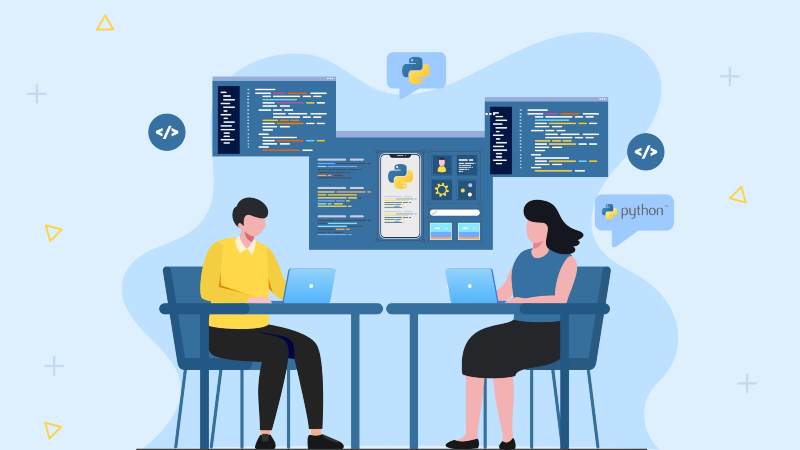In today’s digital age, the demand for full stack developers is skyrocketing. A full stack...
How to Balance Work and Learning in Full Stack Development?
Balancing work and learning can be challenging, especially in a field as demanding as Full Stack Development. With constant technological advancements and new tools emerging regularly, Full Stack Developers must continuously learn to stay relevant. If you're juggling a full-time job while trying to master Full Stack Development, here's how you can manage both effectively.
1. Set Clear Goals
The first step in balancing work and learning is to set clear and achievable goals. Break down what you want to learn into smaller, manageable tasks. For instance, if you aim to learn a new JavaScript framework, start with understanding its basics, followed by hands-on projects. Setting milestones helps you stay focused and track your progress.
2. Prioritize Your Learning
With a busy work schedule, it's easy to let learning fall by the wayside. Prioritize your learning by dedicating specific hours each week to study. Identify when you're most productive—whether it's early in the morning, during lunch breaks, or late at night—and block that time for learning. Treat it as an important meeting with yourself that you can't miss.
3. Leverage Online Resources
The internet is a treasure trove of learning resources. Platforms like WsCube Tech, Udemy, and even YouTube offer numerous tutorials and Online Full Stack Developer Training. Additionally, websites like Stack Overflow and GitHub provide valuable insights and code examples. Use these resources to complement your learning and gain practical knowledge.
4. Apply What You Learn
Theory is essential, but practical application is where the real learning happens. Create small projects or contribute to open-source projects to apply what you've learned. This hands-on approach not only solidifies your knowledge but also gives you something to showcase in your portfolio.
5. Integrate Learning into Your Work
If you're already working in a tech-related job, try to integrate your learning into your work tasks. For instance, if you're learning about new backend technologies, suggest using them in a project at work. This not only helps you practice but also demonstrates your initiative and commitment to your employer.
6. Stay Organized
Balancing work and learning requires excellent organizational skills. Use tools like Trello, Asana, or Notion to keep track of your tasks, both for work and learning. Creating a schedule or to-do list can help you manage your time effectively and ensure that you don't overlook any important tasks.
7. Seek Support from Your Employer
Many employers value continuous learning and may offer support in various forms. Discuss your learning goals with your employer—they might provide resources like training programs, access to online courses, or even adjust your workload to accommodate your studies. Being transparent about your ambitions can lead to opportunities that align with your learning objectives.
8. Join a Community
Being part of a community of like-minded individuals can be incredibly motivating. Join online forums, local meetups, or social media groups focused on Full Stack Development. Engaging with others who share your goals can provide encouragement, support, and valuable insights.
9. Take Breaks
While it's essential to stay dedicated to your learning, it's equally important to avoid burnout. Take regular breaks to rest and recharge. This ensures that you're mentally and physically prepared to tackle both work and learning effectively. Remember, balance is key.
10. Reflect and Adjust
Regularly reflect on your progress. Are you meeting your learning goals? Is your work being affected? If something isn't working, be open to adjusting your approach. Flexibility is crucial when trying to balance multiple responsibilities.
Conclusion
Balancing work and learning in Full Stack Development is undoubtedly challenging, but it's achievable with the right mindset and strategies. By setting clear goals, staying organized, and applying what you learn, you can effectively manage both and continue growing in your career. Remember, it's a journey, and each step forward, no matter how small, brings you closer to your goals.


